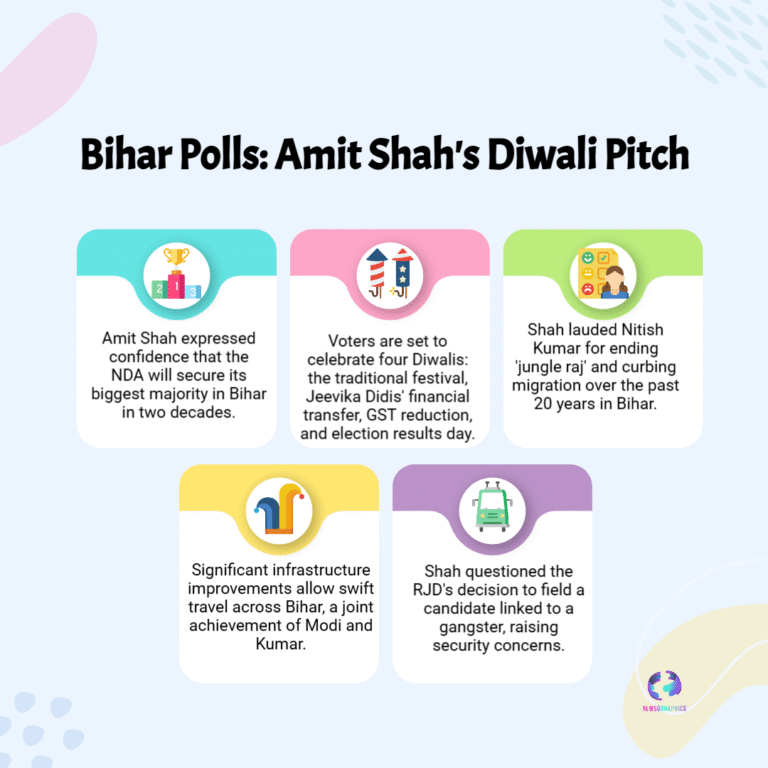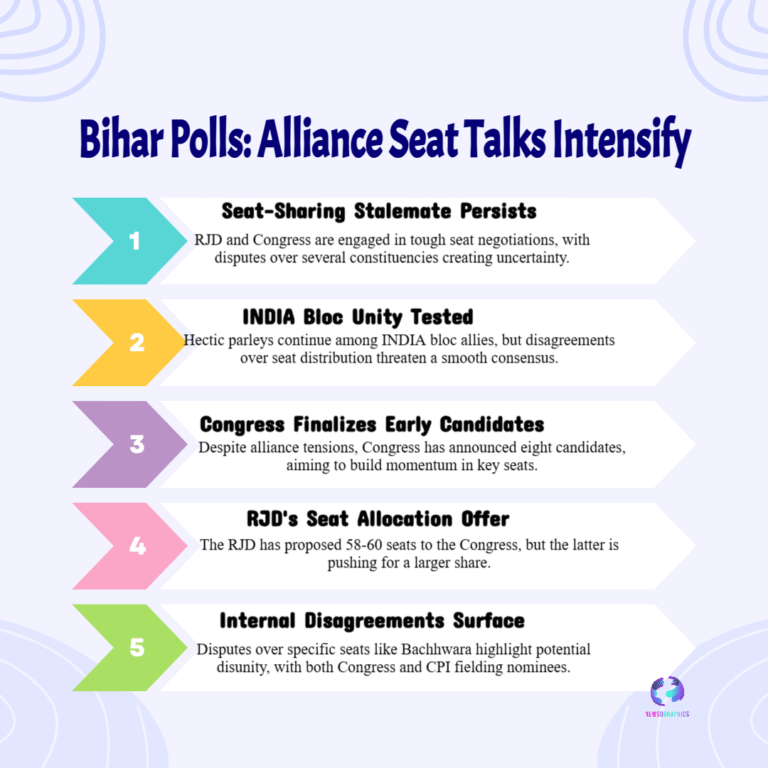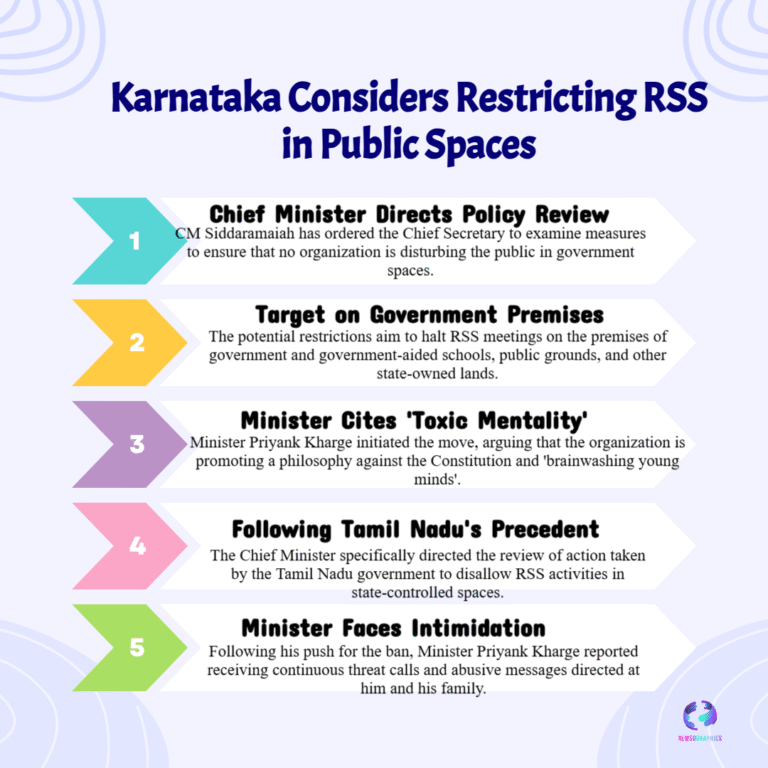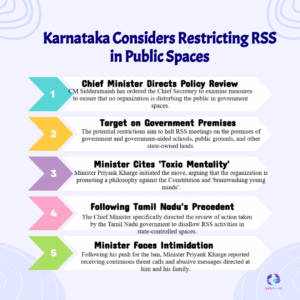Nitish Kumar’s JD(U) unveils its first list of 57 candidates for Bihar Assembly polls 2025, featuring 27 new faces, key seats like Mokama, 10 SC seats and four women nominees. Read full analysis, seat strategy and political impact.

The Janata Dal (United) on October 15, 2025 released its first list of 57 candidates for the Bihar Assembly elections, setting the tone for the party’s campaign and alliance strategy ahead of voting in two phases on November 6 and November 11. The initial slate — approved by JD(U) president Nitish Kumar — signals a calculated attempt to balance social equations, seat-sharing obligations within the National Democratic Alliance (NDA) and on-ground electoral arithmetic.
Party officials highlighted that the first list includes 27 new faces alongside 19 sitting winners who have been retained, reflecting JD(U)’s mix of renewal and continuity. The distribution pays attention to caste and community representation: the list allocates 10 seats for Scheduled Caste candidates and names four women among the nominees, while prioritising Lav-Kush belt constituencies and extremely backward classes that remain decisive in several districts.
Prominent entries on the list include the decision to field well-known local leaders in high-stakes constituencies. Notably, Anant Singh has been named from Mokama — a marquee seat with intense local contestation — while several sitting ministers and former ministers have been renominated in their core constituencies to preserve incumbency advantage. The first list also contains names on seats swapped within the NDA arrangement, underlining the fluid negotiations between JD(U), BJP and smaller allies over the 243-seat assembly map.
Under the announced NDA seat-sharing formula, JD(U) and BJP will each contest roughly 101 seats, with Lok Janshakti Party (Ram Vilas) allotted 29 seats and smaller partners such as HAM(S) and RLM given limited allocations. By releasing the initial 57 names early, JD(U) aims to consolidate ground organisation, start targeted campaigning in declared constituencies and shape the narrative before rivals publish their full rosters. Political strategists say early lists can help parties mobilise booth-level workers and lock local alliances, while also testing reaction from rival camps.
But the initial roll-out leaves open a number of sensitive questions. The first list notably lacks any Muslim candidate, a gap JD(U) leaders say will be addressed in subsequent lists; party sources have indicated additional rounds of nominations will follow within days. The omission could invite criticism from opposition parties and minority groups, forcing JD(U) to manage optics while finalising further allocations. Internal dissent is another risk: seats denied to aspirants may produce rebel campaigns or public protests by local cadres, complicating JD(U)’s consolidation efforts.















